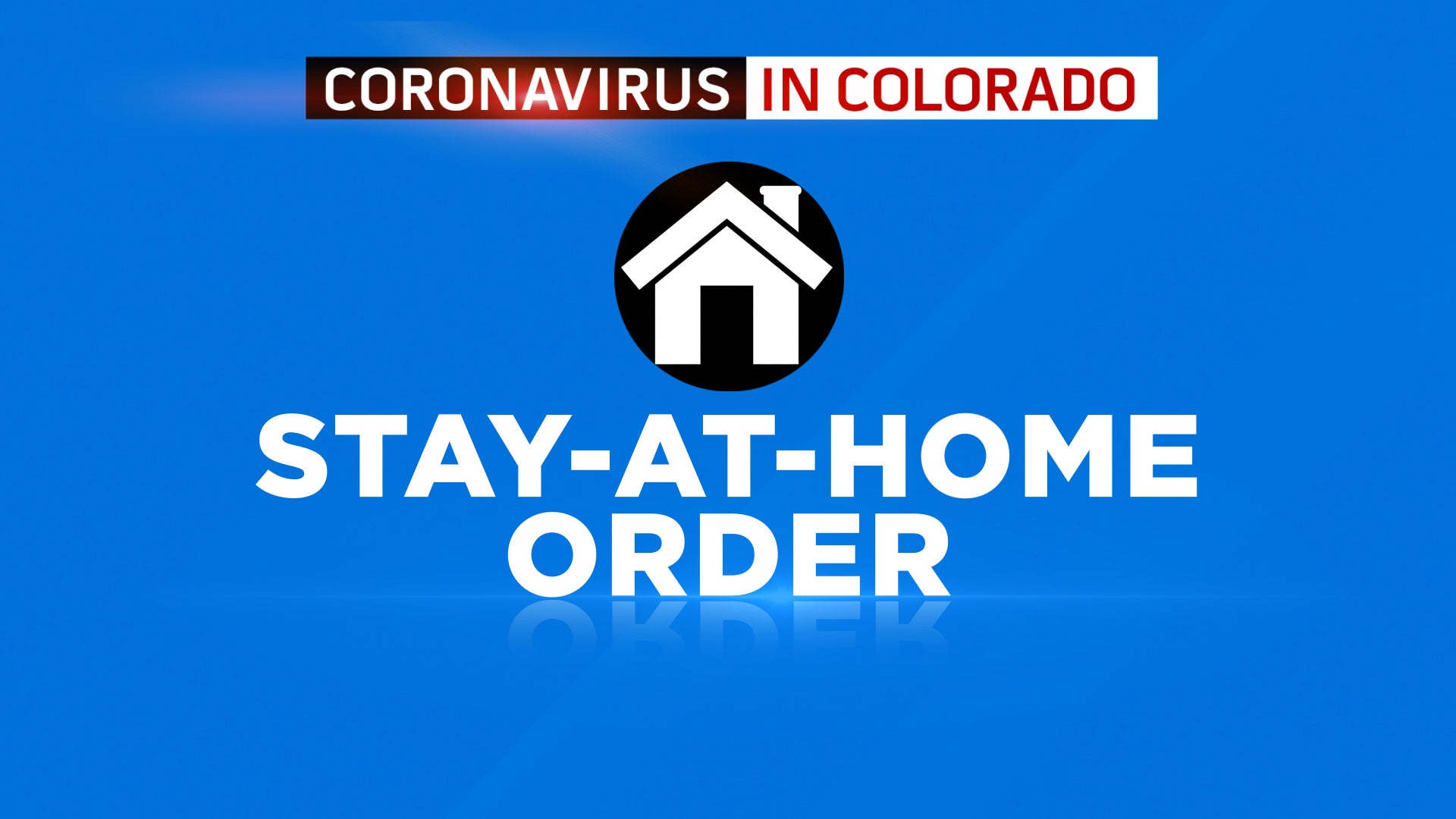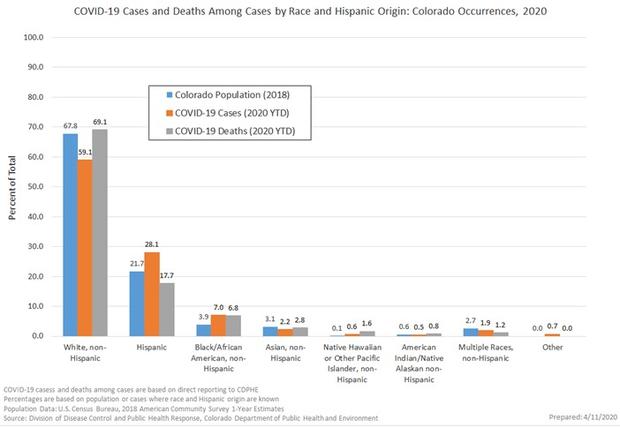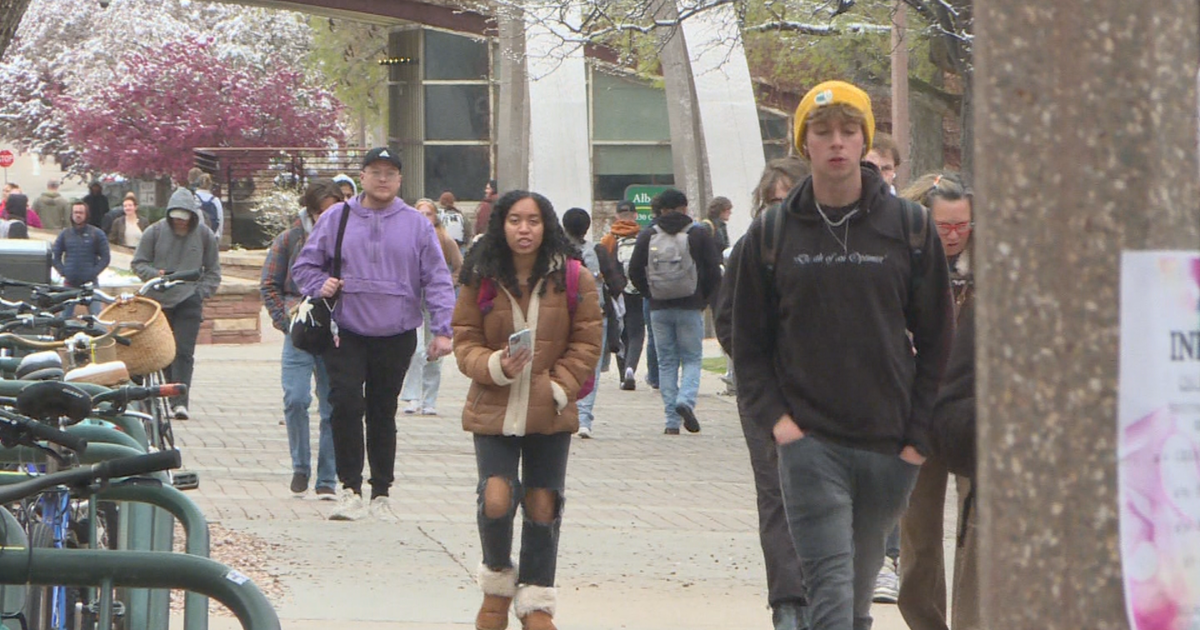Colorado Coronavirus Data Now Includes Racial Breakdowns, Hospital Discharges
DENVER (CBS4) - Gov. Jared Polis on Monday announced that the data available about Colorado coronavirus cases will now include more specific information which will help the state in its response to the outbreak. It will include a racial breakdown of who is testing positive for COVID-19 and also information about how many people are being discharged from the hospital after they get sick.
"That provides another important lens, as it has in other states, on who the virus is affecting and how much," Polis said on Monday afternoon.
The race and ethnicity data represents 75% of all reported COVID-19 cases. Cases with an unknown race or ethnicity are excluded from these calculations.
Initial disease reports to public health are often missing information on race and ethnicity. CDPHE is drafting a public health order to clarify the type of data the department needs from health care entities. The public health order will help the department have a more complete dataset moving forward.
Using the data available now, the percentage of cases is statistically higher for Hispanic, Black/African American, and Native Hawaiian/Pacific Islander Coloradans compared to the overall population distribution.
- Total: 5188 cases with race and ethnicity data
- American Indian or Alaskan Natives (non-Hispanic): 24 cases, 0.46%
- Asian (non-Hispanic): 116 cases, 2.24% (statistically lower)
- Black or African American (non-Hispanic): 363 cases, 7.00% (statistically higher)
- Hispanic: 1,458 cases, 28.10% (statistically higher)
- Multiple racial categories (non-Hispanic): 96 cases, 1.85% (statistically lower)
- Native Hawaiian or other Pacific Islander (non-Hispanic): 29 cases, 0.56% (statistically higher)
- Other: 38 cases, 0.73% (no test performed as population data do not include 'other')
- White (non-Hispanic): 3,064 cases, 59.06% (statistically lower)
- Total: 249 deaths among cases with race and ethnicity data
- American Indian or Alaskan Natives (non-Hispanic): 2 deaths, 0.80%
- Asian (non-Hispanic): 7 deaths, 2.81%
- Black or African American (non-Hispanic): 17 deaths, 6.83%
- Hispanic: 44 deaths, 17.67%
- Multiple racial categories (non-Hispanic): 3 deaths, 1.20%
- Native Hawaiian or other Pacific Islander (non-Hispanic): 4 deaths, 1.61%
- Other: 0 deaths (no test performed as population data do not include 'other')
- White (non-Hispanic): 172 deaths, 69.08%
Health officials said Colorado has racial disparities in certain chronic diseases due to unequal access to health care and economic opportunities occurring over many generations. Because studies have shown people with underlying health conditions are more likely to die of the virus, tracking racial and ethnic data is a high priority for the department.
"We know that social and health care inequities affect outcomes, and that becomes even more apparent in times of disaster," said Jill Hunsaker-Ryan, Executive Director of CDPHE. "There have been generations of institutionalized barriers to things like preventive medical care, healthy food, safe and stable housing, quality education, reliable transportation, and clean air. Research shows that these types of factors are the most predictive of health outcomes. There is much to be learned from this disaster, and the uneven effects of COVID-19 on different communities will perhaps be one of the most profound lessons. It's apparent now more than ever why we must bridge these inequities and even more closely track the outcomes of COVID-19 by race and ethnicity."
Gov. Polis said the hospital discharge information will become available later this week.
"That will be very important to see the pattern of how many people are hospitalized for two or three days, for 10 or 12 days, the outcomes of which are discharged," Polis said.
Colorado health officials report 7,691 confirmed cases in the state and 308 deaths. Since the outbreak began, nearly 1,500 people have been hospitalized. The state is also reporting coronavirus outbreaks at 72 residential and non-hospital health care facilities.
The state's coronavirus case data can be found at a Colorado Department Of Public Health And Environment website.
About The Colorado Stay-At-Home Order
Colorado's stay-at-home order amid the coronavirus outbreak went into effect on the morning of March 26 and it is currently set to expire on April 26.

Coloradans are urged to stay in their own community and not travel for recreation or to get outside. Only essential businesses have been given the green light to keep in-person operations going, and those that remain open are required to keep in line with social distancing guidelines.
RELATED: Latest Updates On The Coronavirus Outbreak In Colorado




